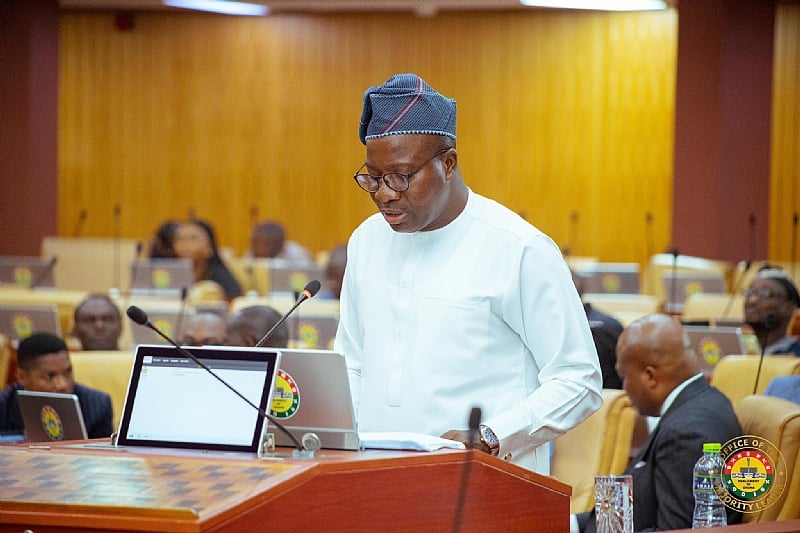Majority Leader Mahama Ayariga has thrown his full support behind the Public Utilities Regulatory Commission’s (PURC) decision to implement a 2.45% increase in electricity tariffs, describing the move as a necessary measure to rescue the ailing Electricity Company of Ghana (ECG) from mounting debt and financial collapse.
Addressing Parliament on Friday, June 27, Ayariga argued that the adjustment, though unpopular, is vital to the sustainability of Ghana’s power sector. He explained that despite relatively stable macroeconomic indicators such as inflation, fuel prices, and the exchange rate, the ECG’s growing debt burden cannot be ignored.
“Last year, there was an effort made to prevent the PURC from adjusting the tariff; due to that, there was no adjustment for the whole period. ECG is accumulating huge debt, and it has to be paid for, and if we do not adjust the tariff to enable ECG to pay, ECG will collapse. They won’t be able to buy the input needed to keep the generators on, and we are going to have power outages,” he explained.
Ayariga’s remarks came in response to objections raised by the Minority Caucus, who questioned the justification for increasing electricity costs at a time when economic indicators show signs of improvement.
He maintained that the PURC, in fulfilling its mandate, acted responsibly by ensuring the ECG can continue to function and avoid plunging the nation into another cycle of energy instability.
“The bill has to be paid. So if PURC is doing its work, I do not think there is a basis for saying that because we have improved the economy, it doesn’t mean that the debt at ECG will just be whisked away. The bill has to be paid partly by consumers,” he emphasised.
Ayariga also disclosed that the Minister for Energy and Green Transition will address Parliament next week to offer further insights into the tariff review process and the broader strategy to strengthen the power sector.
The tariff adjustment, which takes effect on July 1, 2025, has sparked mixed reactions across the country, with civil society organisations, business groups, and consumer advocates expressing concern about its impact on households and the cost of doing business.


